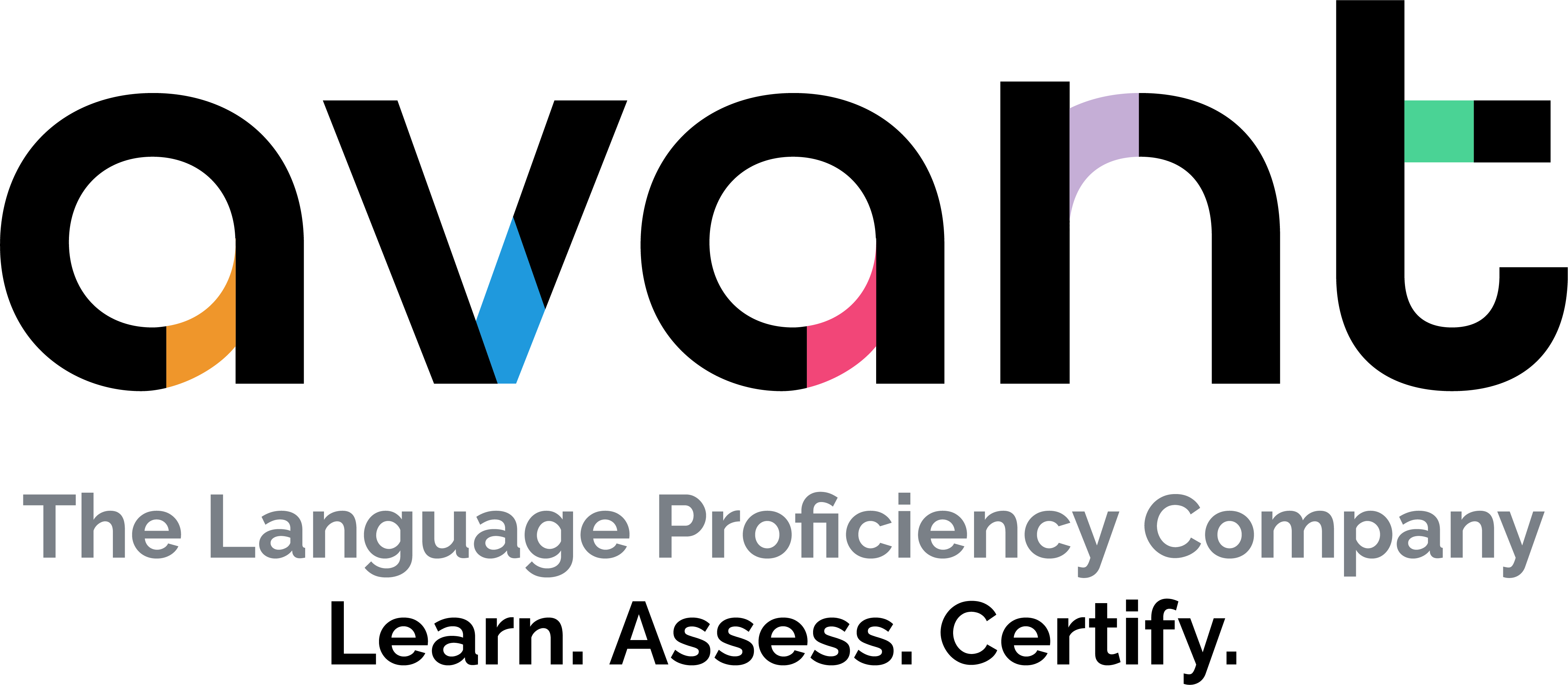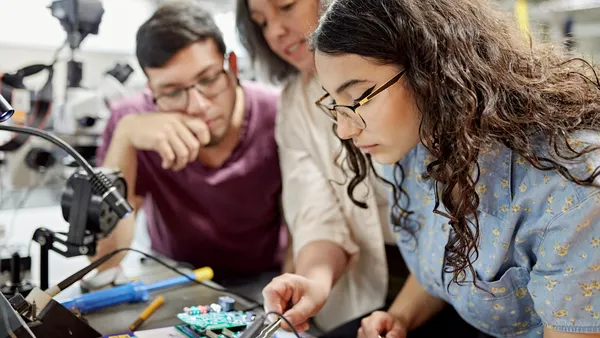Dive Brief:
- Technology now used in traditional therapy, such as text and video chat, apps and online group sessions, can also help K-12 counselors improve the services they provide students, according to EdTech: Focus on K-12.
- Online counseling sessions can provide students a space that feels safe while allowing them to express their feelings creatively via outlets like mind maps and visual journals, and apps can encourage students to monitor their mental health while helping them develop coping mechanisms.
- Additionally, websites and social media can help counselors keep parents aware of resources available, and collecting data on student behavior and progress can help when it comes to measuring the effectiveness of counseling programs and strategies.
Dive Insight:
Mental health issues can significantly impact student achievement, but can also be easily overlooked in many cases. A variety of factors ranging from school bullying or pressure to meet high expectations to homelessness or rough situations at home impact students every day.
As schools work to impart social-emotional skills like resilience, counselors can play an important role in guiding some of that development — whether it be directly or through the establishment of student peer mediators to contribute to the development of empathy and collaboration.
Taking advantage of the latest technologies available in traditional therapy can only amplify counselors' ability to serve every student as effectively as possible, allowing them a medium to explore their concerns on their own or share what they might be uncomfortable talking about in person until they've been reassured or feel heard.













